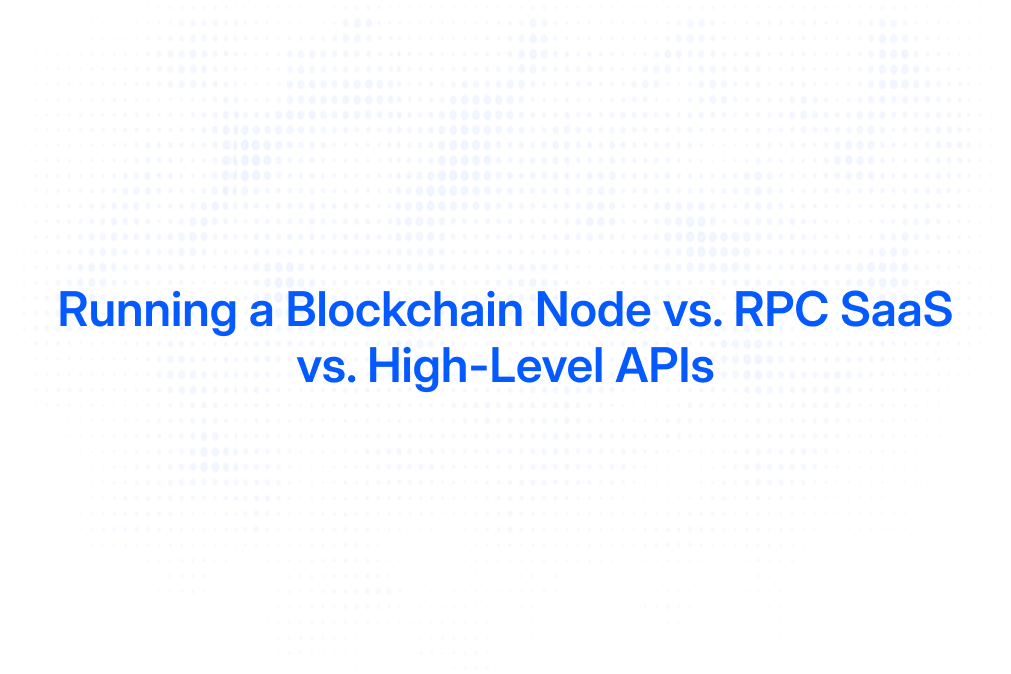Explore the Binance Smart Chain
James Liu

Binance Smart Chain (BSC) is a blockchain platform developed by Binance, one of the world's leading cryptocurrency exchanges. Binance Smart Chain was launched in September 2020 to handle smart contract-based applications, thus expanding the capabilities of the Binance platform and allowing it to play a bigger role in the decentralized finance (DeFi) world.
One of the key features of Binance Smart Chain is its unique infrastructure. It contains a dual-chain architecture; its native Binance Chain runs alongside the new Binance Smart Chain. This dual structure allows users to transfer assets seamlessly from one blockchain to the other, ensuring the efficiency of digital transactions.
Binance Smart Chain operates on a Proof of Stake Authority (PoSA) consensus algorithm. This algorithm combines elements of the traditional Proof of Stake (PoS) and Proof of Authority (PoA) models. It ensures high-speed transactions and reduced fees, two critical aspects that set Binance Smart Chain apart from other blockchain platforms.
Another important feature of Binance Smart Chain is its compatibility with Ethereum (ETH). It was designed to be Ethereum Virtual Machine (EVM) compatible. This means developers can build their applications on BSC the same way they would build on the Ethereum blockchain. Likewise, with this compatibility, BSC supports most of the software and tools that Ethereum developers commonly use for creating decentralized applications (dApps).
As a result of its top-notch features and benefits, Binance Smart Chain has attracted a significant number of projects and users. Among the most popular apps on BSC are PancakeSwap, a decentralized exchange platform; Venus, an algorithmic money market and synthetic Stablecoin protocol; and Beefy.finance, a yield optimization platform.
One of the critical benefits users enjoy on Binance Smart Chain is the lower transaction fees compared to other popular platforms like Ethereum. While Ethereum gas fees can sometimes be exorbitantly high, BSC users typically pay only a few cents per transaction. This makes BSC an attractive option for smaller transactions.
Also, transaction processing on Binance Smart Chain is substantially faster compared to many competitors. BSC reports a block time of just 3 seconds, while competitors can range from 10 seconds to even a few minutes. This faster processing time improves the overall user experience, making transactions smoother and quicker.
Binance Smart Chain's BEP-20 token standard is a significant pull factor for developers. This standard is similar to Ethereum's ERC-20 standard and allows developers to deploy fungible tokens for their applications on the BSC blockchain.
Despite its many advantages, Binance Smart Chain is not without criticisms. Some observers point out that BSC's nodes are largely controlled by Binance, making it less decentralized and more susceptible to censorship than other networks. That said, many users seem willing to prioritize faster and lower-cost transactions, causing the Binance Smart Chain's popularity to surge.
In summary, Binance Smart Chain represents a significant step forward in the world of blockchain and decentralized finance. Its high-speed performance, low-cost transactions, Ethereum compatibility, and attractive token standards make it a desirable platform for developers and users alike. And while it might not have the complete decentralization some purists prefer, there's no denying Binance Smart Chain's impact in shaping the current DeFi landscape.
.svg)


.png)



